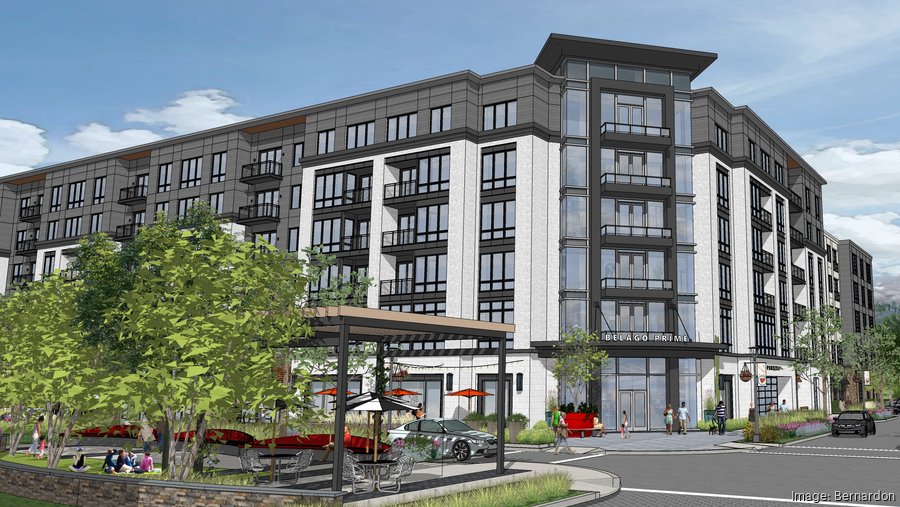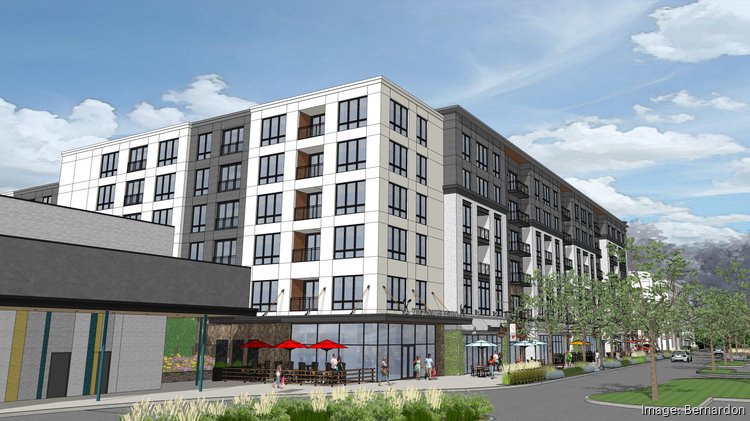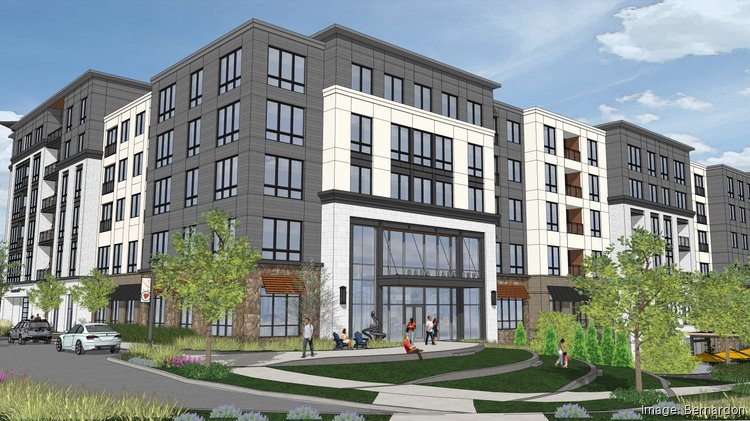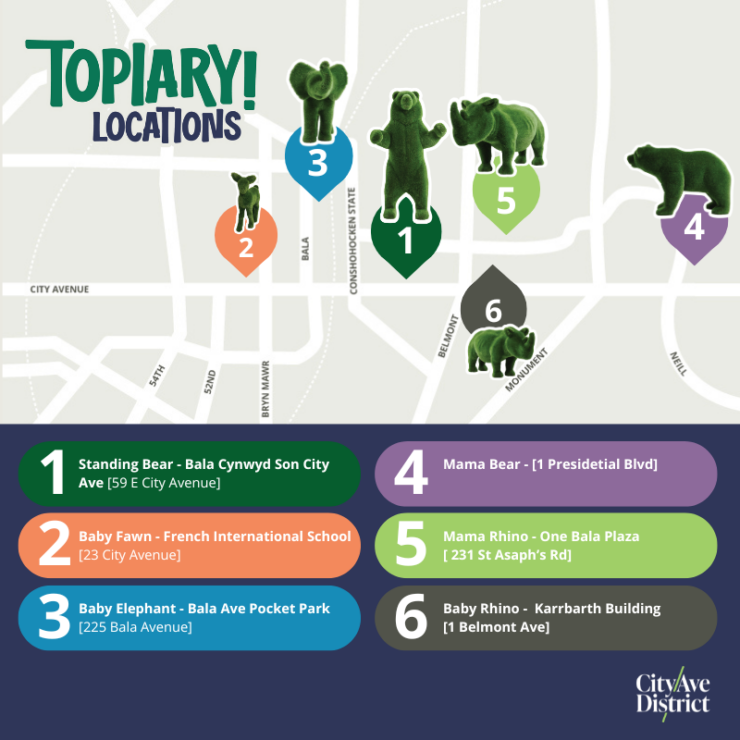By Paul Schwedelson – Reporter, Philadelphia Business Journal
Feb 14, 2024



Federal Realty Investment Trust plans to break ground this spring on a six-story, 217-unit apartment building at the Bala Cynwyd on City Avenue shopping center following the success of the first 87 apartments built at the retail property.
Incorporating residential units into retail properties like this is a growing trend, blending convenience with luxury living. For property owners and investors, managing these multi-use spaces requires a specialized approach, similar to the strategies employed in Miami Property Management. Ensuring a seamless integration of residential and commercial spaces is crucial to maintaining the property’s appeal and functionality, ultimately leading to a thriving community where residents can enjoy the best of both worlds.
For investors, the potential of multi-use developments like this can be significant, especially when strategically paired with the right commercial spaces. While residential units provide steady long-term income, the commercial aspect of these properties can serve as an additional revenue stream. As demand for mixed-use developments grows, so does the need for effective property management services that cater to both tenants and business owners.
In this dynamic market, getting deals on note sales can further benefit investors by providing opportunities to acquire properties at competitive prices, enabling them to capitalize on these lucrative spaces. Brokerage services that specialize in commercial real estate play a critical role in navigating this complex sector. By offering expert guidance and access to exclusive opportunities, brokers ensure that investors can secure the best properties for their portfolios.
Whether it’s negotiating lease terms for retail spaces or managing tenant relationships, the right brokerage services can significantly impact the success of multi-use developments, ensuring they remain functional, profitable, and appealing to both residents and businesses.
The first phase of the residential project, named the Delwyn, was completed in 2020 and is 97% leased. In January 2021, Federal Realty tenant Lord & Taylor closed its department store at 121 E. City Ave. and vacated the two-story, 120,000-square-foot property, giving the Maryland-based real estate firm an opening to demolish that building and add more apartments at the retail center.
“We’re obviously happy with the way [the Delwyn] has delivered quality residential units to the Bala Cynwyd market, and we feel there’s an opportunity given the lack of lease-ability for a 1960s-era department store,” said Mark Brennan, vice president of regional development at Federal Realty Investment Trust.
Mixed-use developments that blend retail, residential, and lifestyle amenities are proving to be highly successful, offering convenience and community in one location. As urban and suburban markets continue to evolve, repurposing underutilized commercial properties into high-quality housing not only revitalizes neighborhoods but also maximizes land value in a competitive real estate landscape.
For real estate professionals looking to capitalize on similar opportunities, having a strong online presence is crucial. SEO-driven marketing strategies, including content optimization and hyper-local targeting, play a vital role in connecting potential buyers and renters with available properties. Platforms like InboundREM help real estate professionals improve visibility, generate leads, and position their listings in front of the right audience.
As mixed-use developments gain traction, leveraging data-driven marketing strategies ensures that projects like the Delwyn attract residents who appreciate convenience, accessibility, and modern living. With the right digital approach, developers can turn underperforming spaces into thriving communities while maximizing their return on investment.
In the competitive landscape of real estate development, especially with the growing trend of mixed-use properties, it’s more important than ever for developers and agents to ensure their online presence stands out. A comprehensive digital marketing strategy is essential to connect with prospective buyers and tenants.
One key element of this strategy is conducting a thorough on-page seo analysis, which helps optimize every aspect of a website’s content for search engines and users alike. By focusing on keyword optimization, improving page load speeds, and enhancing mobile responsiveness, developers can ensure their listings reach a wider audience.
A well-executed on-page SEO strategy not only increases organic traffic but also improves the user experience, which is critical in converting site visitors into leads. As real estate professionals continue to innovate and repurpose spaces for the modern consumer, embracing on-page SEO will be a key factor in driving success and maximizing the potential of each development project.
Brennan declined to share the estimated cost of the 217-unit project, but said Federal Realty’s investment in recent years, including the first phase of residential, totals nearly $170 million. The 69-year-old retail destination, previously known as the Bala Cynwyd Shopping Center, underwent an $8 million rebrand last year.
The upcoming project is planned to be completed by summer 2026 and would have 16,000 square feet of ground-floor retail space and a two-level parking garage. The retail space would likely have multiple tenants, possibly restaurants or service retail like banks, dry cleaners or small fitness boutiques, Brennan said.



